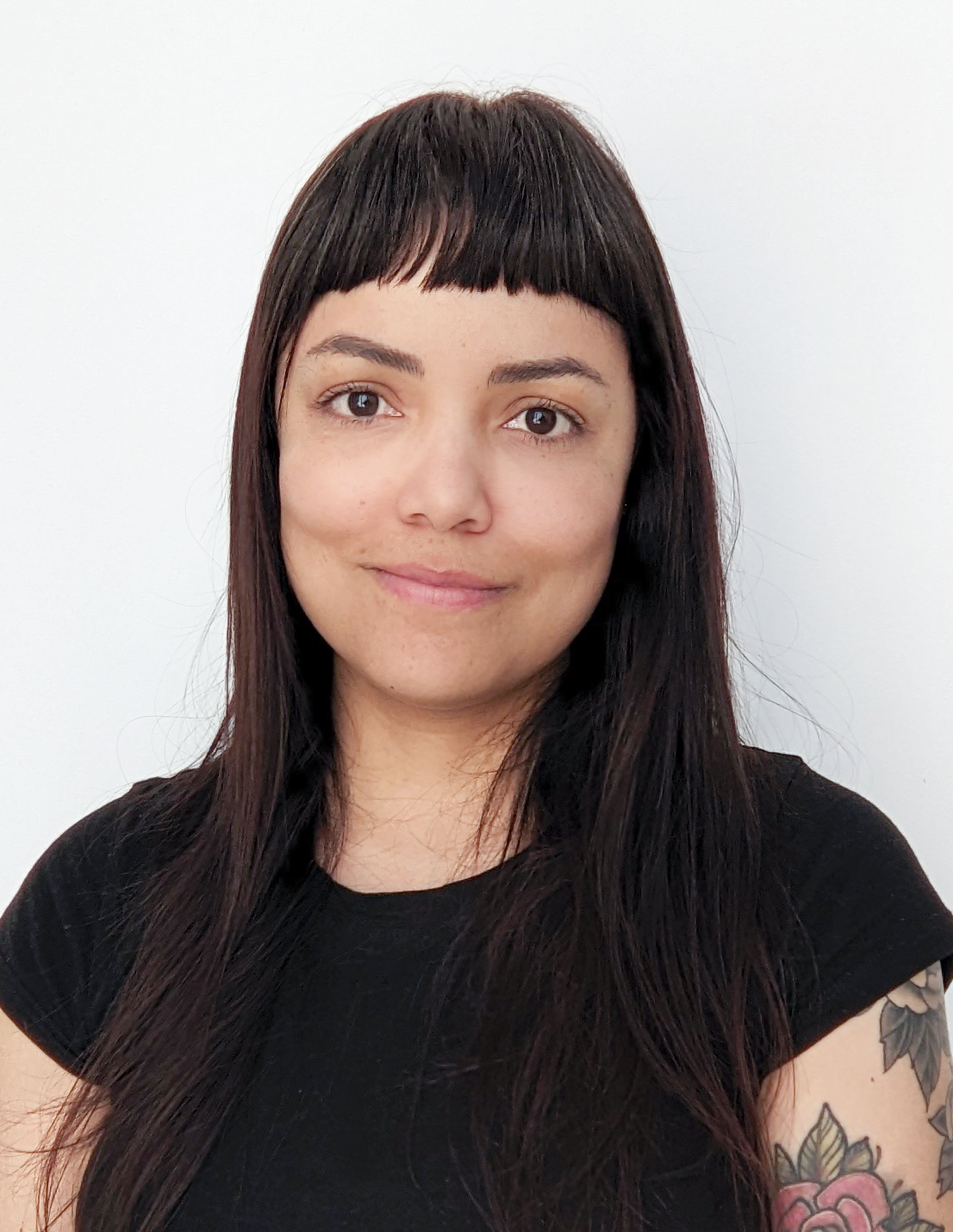Digital transformation is fundamentally a matter of transforming and intensifying the practices of people in communities and institutions. Software drives behavior and the reverse, in a virtuous circle. Robert Moskal is relentless about empirically testing hypothesis. He gets artifacts in front of users as fast as possible, fail fast, and iterate. The same path leads to product-market fit.
He works with founders and other stakeholders to hone product vision and with engineering teams to execute quickly. In larger institutions Robert drives the development process by building consensus across organizational boundaries.
He practices and spreads techniques that increase quality and velocity, and decrease costs. Foremost among these are test driven development, service oriented (reactive) patterns, and reliance on business process execution engines over custom application logic.
Tell us more about your role in Pre-Rec?
I’m the CTO of Pre-Rec, which is the fixed income industry’s
first search and surveillance platform powered by recommendation technologies. We
believe recommendation technologies will have the greatest impact on fixed
income markets, since Bloomberg introduced the Terminal in the 1980’s. Bringing
our vision to fruition will require us to solve big problems. Our team
brings together financial market and institutional expertise, software
development, and data science expertise.
I’m focused on making sure it all comes together effectively and efficiently.
What is the most difficult part of your job? But the most rewarding one?
Building a great software product is a lot like making a movie or putting on a theatrical performance. You need the spark that comes from intense communication and collaboration. Growing a team and making this happen during these difficult times has been my greatest challenge. People working remotely often find it difficult to look beyond their individual contributions.
Changing up what people work on (this week front end, next week back end) and having people pair on assignments have both been helpful. Also, thinking of work in terms of themes (interrelated problems to solve) rather than as discrete features or assignments, has helped people to see the big picture.
Is there anything that you would change about your professional path?
Really, I’ve only ever thought tactically about my career, choosing among the most interesting opportunities that came my way, without thinking too much about an end state.
Personally, it’s important for me to have to prove myself every day as opposed to being an authority figure. Looking back, it seems that I may have had a talent for impractical mathematics that I wish someone had nurtured.
What’s your key strategy for the development of your company? Our path to success will undoubtedly be through strategic partnerships. This certainly has a technical aspect. We need to be agile in order to integrate with our partner’s systems, api’s, and data sets. Even more, it requires listening carefully for opportunities, and acting quickly to seize on them. We have established successful integrations with major financial data companies, and more are in the works. Getting alignment and traction with large Institutions isn’t always easy or fast, but we’re making it happen.
What do you think about the next period of time, keeping in mind the pandemic and the new business climate? How will your industry be affected?
Timing is actually ideal for this type of platform. With the lowest interest rates in history and historic levels of economic uncertainty, the demand for yield, price transparency, and access to liquidity are at all-time highs.
Modern techniques of web development and data science have brought us relevance ranking at Google and similarity mapping at Amazon, Pandora, and Spotify. We’re bringing the same tools to bear on bond markets improving, for example, bond search, selection, surveillance, pricing, and ultimately how market participants connect and transact.
We’ve come to believe the current timing, combined with the utility of these technologies opens the door to a historic democratization of fixed income markets. We see an opportunity to bring all types and sizes of institutional market participants onto the same platform in a way that’s never been done.
What books do you have on your nightstand?
I read a lot. The most important books with respect to this venture are Bloomberg’s autobiography: Bloomberg by Bloomberg, and Platform Revolution. In Bloomberg’s book, he describes the opportunity he saw and the strategic steps he took in the early ‘80s to build a platform that makes it easier to access fixed income data, compare and price bonds, and better connect market participants to each other.
We are doing the same only 35-40 years later, applying modern technologies and the concepts learned from the past twenty years (in Platform Revolution) that we think will stand the test of time over the next 40-50 years, maybe beyond.
Our publication has started a series of discussions with professional individuals meant to engage our readers with relevant companies and their representatives in order to discuss about their involvement, what challenges they have had in the past and what they are looking forward to in the future. This sequence aims to present a series of experiences, recent developments, changes and downsides in terms of their business areas, as well as their goals, values, career history, the high-impact success outcomes and achievements.




